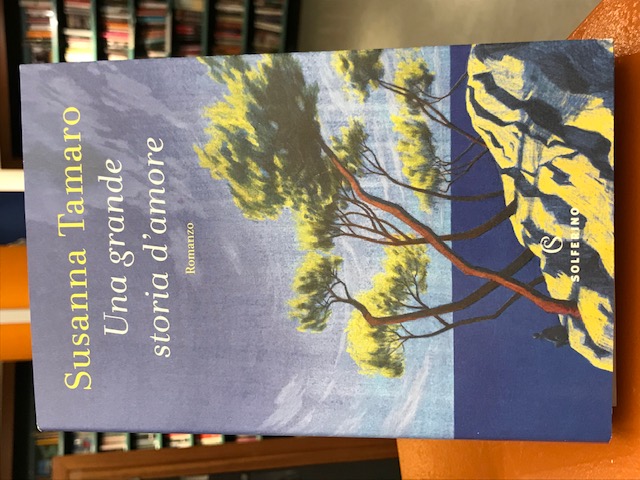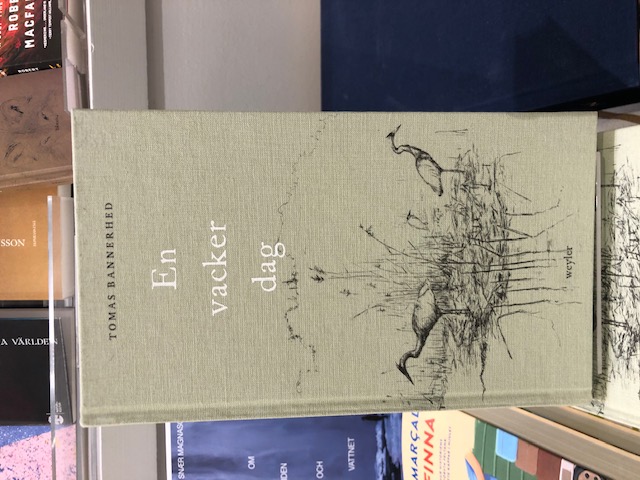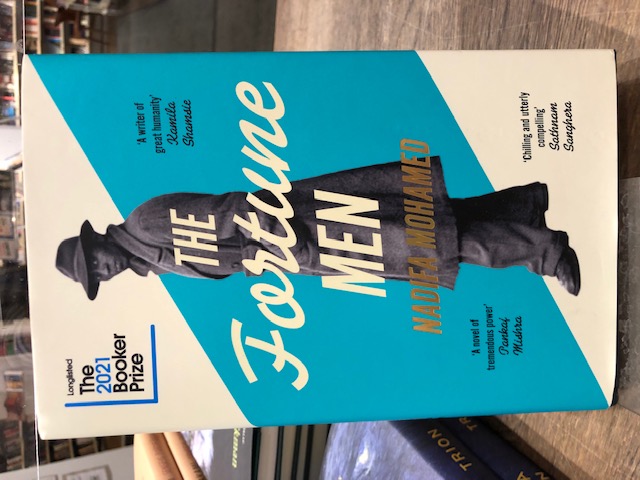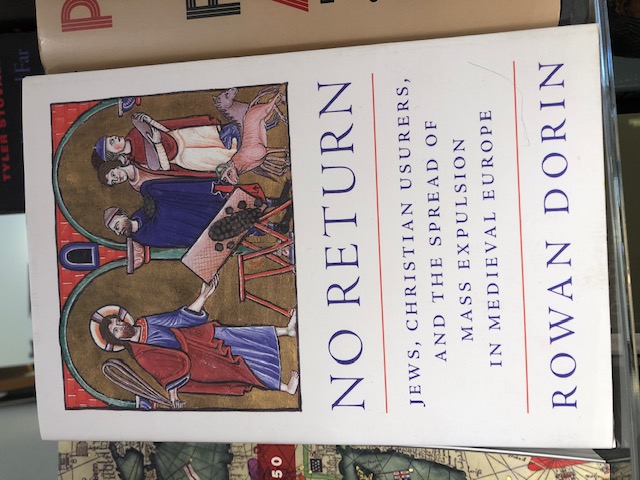
Beginning in the twelfth century, Jewish moneylenders increasingly found themselves in the crosshairs of European authorities, who denounced the evils of usury as they expelled Jews from their lands. Yet Jews were not alone in supplying coin and credit to needy borrowers. Across much of Western Europe, foreign Christians likewise engaged in professional moneylending, and they too faced repeated threats of expulsion from the communities in which they settled. No Return examines how mass expulsion became a pervasive feature of European law and politics—with tragic consequences that have reverberated down to the present.
Drawing on unpublished archival evidence ranging from fiscal ledgers and legal opinions to sermons and student notebooks, Rowan Dorin traces how an association between usury and expulsion entrenched itself in Latin Christendom from the twelfth century onward. Showing how ideas and practices of expulsion were imitated and repurposed in different contexts, he offers a provocative reconsideration of the dynamics of persecution in late medieval society.
Uncovering the protean and contagious nature of expulsion, No Return is a panoramic work of history that offers new perspectives on Jewish-Christian relations, the circulation of norms and ideas in the age before print, and the intersection of law, religion, and economic life in premodern Europe.
Källa: Princeton University Press
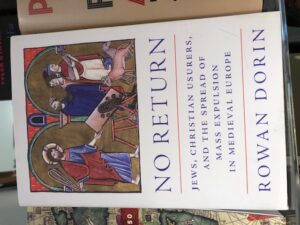
Inbunden. 392 sidor.


